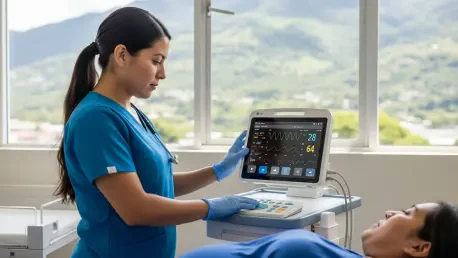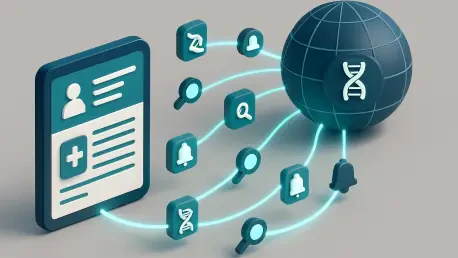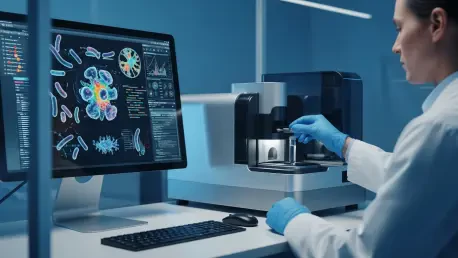
The silent progression of kidney disease has emerged as a formidable public health crisis in the United States, where nearly 15% of the adult population currently grapples with some form of renal impairment. These vital organs serve as the body's primary filtration system, meticulously removing

For decades, the geographic isolation of the Guatemalan highlands has created a persistent healthcare vacuum where basic diagnostic services remain a luxury rather than a right for millions of rural citizens. This systemic gap has historically led to high rates of preventable complications,

The sudden realization that a simple steak or a glass of milk could trigger a life-threatening emergency has become a terrifying reality for thousands of people across the American Midwest and beyond. This condition, known as alpha-gal syndrome (AGS), is not a typical food allergy born from

The rapid evolution of molecular diagnostics has placed the promise of truly personalized healthcare within our reach, yet a significant disconnect remains between laboratory breakthroughs and the actual data available to bedside clinicians. Precision medicine relies on the seamless integration of

The global escalation of Type 2 Diabetes Mellitus has fundamentally transformed how medical researchers approach metabolic dysfunction, shifting the focus from purely endocrine pathways to the complex microbial ecosystems residing within the human digestive tract. This internal community, often

The century-old electrocardiogram, a cornerstone of cardiac diagnostics, is being fundamentally reinvented by artificial intelligence, unlocking predictive capabilities that were once the domain of science fiction. This fusion of computational power and medical data represents a significant